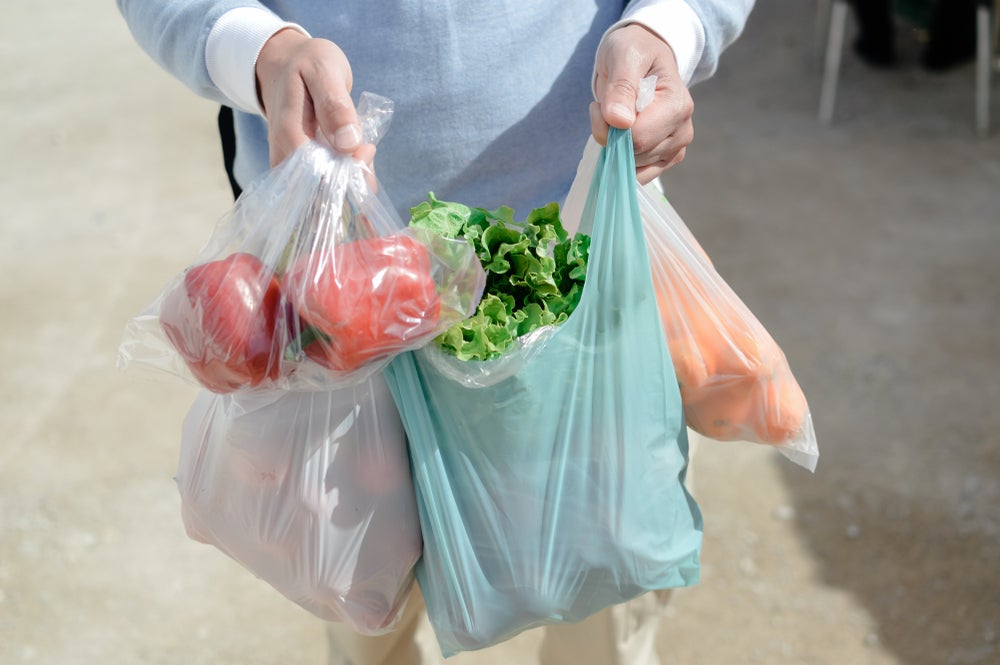
ABC News collaborated with several stations to conduct the largest investigation of its kind into the recycling of plastic bags in the US. The investigation involved placing tracking devices in bundles of plastic bags dropped off at retailers across ten states.
Shockingly, the majority of the 46 trackers did not end up at locations associated with plastic bag recycling. Instead, half of the trackers pinged at landfills or trash incinerators and some were traced overseas to countries struggling with plastic waste imports such as Indonesia and Malaysia.
Only four trackers were traced to US facilities involved in recycling plastic bags. This revelation raises concerns about the transparency and effectiveness of plastic bag recycling programmes.
Plastic recycling challenges and industry response
Plastic bags pose particular challenges in the recycling process due to their tendency to get entangled in recycling centre equipment, leading to costly delays.
The Wrap Recycling Action Program (WRAP), promoted by the American Chemistry Council, aimed to address this issue by encouraging plastic bag recycling through nearly 18,000 drop-off locations nationwide.
However, the investigation’s findings indicate that the store drop-off concept for plastic bag recycling is not working as intended. American Chemistry Council’s Plastics Division vice-president Joshua Baca admitted that the concept does not work to the desired scale.
The council is now renewing its push for adapting curbside recycling for plastic bags. Critics argue that the plastic industry, including the American Chemistry Council, which advocates for plastic recycling, also actively fights against plastic production and restrictions.
Plastic recycling system’s limitations and calls for change
Less than 10% of plastic waste is recycled globally, highlighting the limitations of the current recycling system. Erin Simon from the World Wildlife Fund emphasises the need for more transparency in the system to improve plastic waste reduction efforts.
Critics argue that the involvement of deep-pocketed plastic industry stakeholders, including the American Chemistry Council, in plastic recycling advocacy creates a conflict of interest. The plastics industry is expected to continue thriving, with plastic production projected to double by 2040.
However, experts stress that recycling alone cannot solve the plastic pollution crisis and call for plastic production and restrictions.
Residents of Peekskill, such as Courtney Williams, continue to live with the environmental and health risks associated with living near pollution sources, including the Wheelabrator incinerator.
The investigation’s findings have raised concerns about the long-term effects of plastic pollution and the need for more effective recycling practices.




